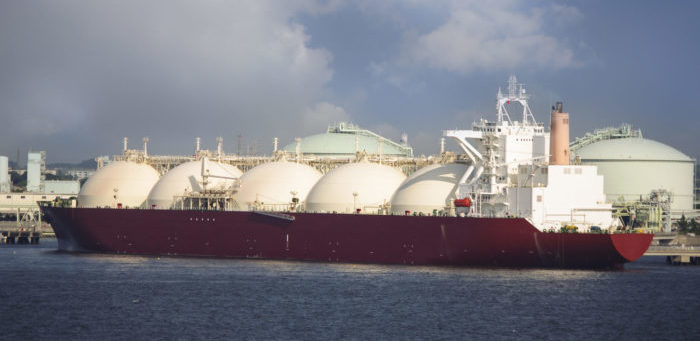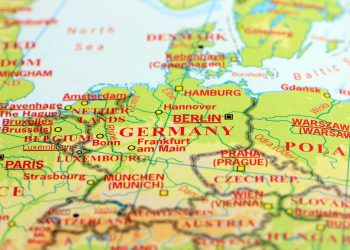The American Petroleum Institute (API) and the International Association of Oil & Gas Producers (IOGP) issued a position paper at the first EU-U.S. Energy Council Business-to-Business Energy Forum on encouraging large-scale U.S. LNG exports to the EU’s gas market.
Specifically, API Vice President of Market Development, Todd Snitchler commented that the US energy leadership is experience a growth as it is being the leader in producing and exporting natural gas and oil.
It’s also a critical time in terms of collaborating and building our Trans-Atlantic LNG relationship, as we have an ability to not only continue to elevate the quality of life in America, but globally as well.
… Mr Snitchler stated.
The American natural gas contributed in the reduction of CO2 emissions in the US to the lowest levels that have been experienced in a generation. In the meantime, the natural gas provided economic advantages to communities across the U.S., and by enabling greater flows of U.S. LNG to the EU we hope to bring more of this clean, affordable and reliable fuel to people around the world.
Moreover, IOGP Director of EU Affairs, François-Régis Mouton noted that if they aspire to reach the climate aims in Europe, policymakers have to understand the importance and the role of gas in both in the short and longer term.
The US, the UK and others around the globe have highlighted the importance the shifting from coal to gas has in CO2 emission reduction and air quality.
By making a smart use of Europe’s own gas resources and the LNG supplied by partners such as the U.S., we can bring about a system combining renewables and gas which provides a secure supply of affordable and clean energy to Europeans.
… François-Régis Mouton noted.
In addition, the policy recommendations for the US include for the Federal Energy Regulatory Commission (FERC) and the Department of Energy (DOE):
- To continue to enhance their established review and permitting processes while maintaining transparent and consistent approval timelines;
- Expanding executive branch agency efforts to promote U.S. LNG in EU countries;
- For executive branch agencies to highlight U.S. industry standards and promote streamlined approval processes to ensure the construction of critical energy infrastructure in a timely manner.
Concerning the EU, the joint policy recommendations include:
- Sending consistent signals expressing confidence in the medium and long-term role of natural gas in the EU energy mix;
- For the European Commission to work with member states to increase interconnectivity and to encourage public entities and businesses to use LNG and compressed natural gas (CNG) in transportation to reduce CO2 emissions and improve air quality;
- For the Commission to avoid unduly restrictive gas quality specifications that could create unnecessary barriers for LNG to enter the EU.




























































